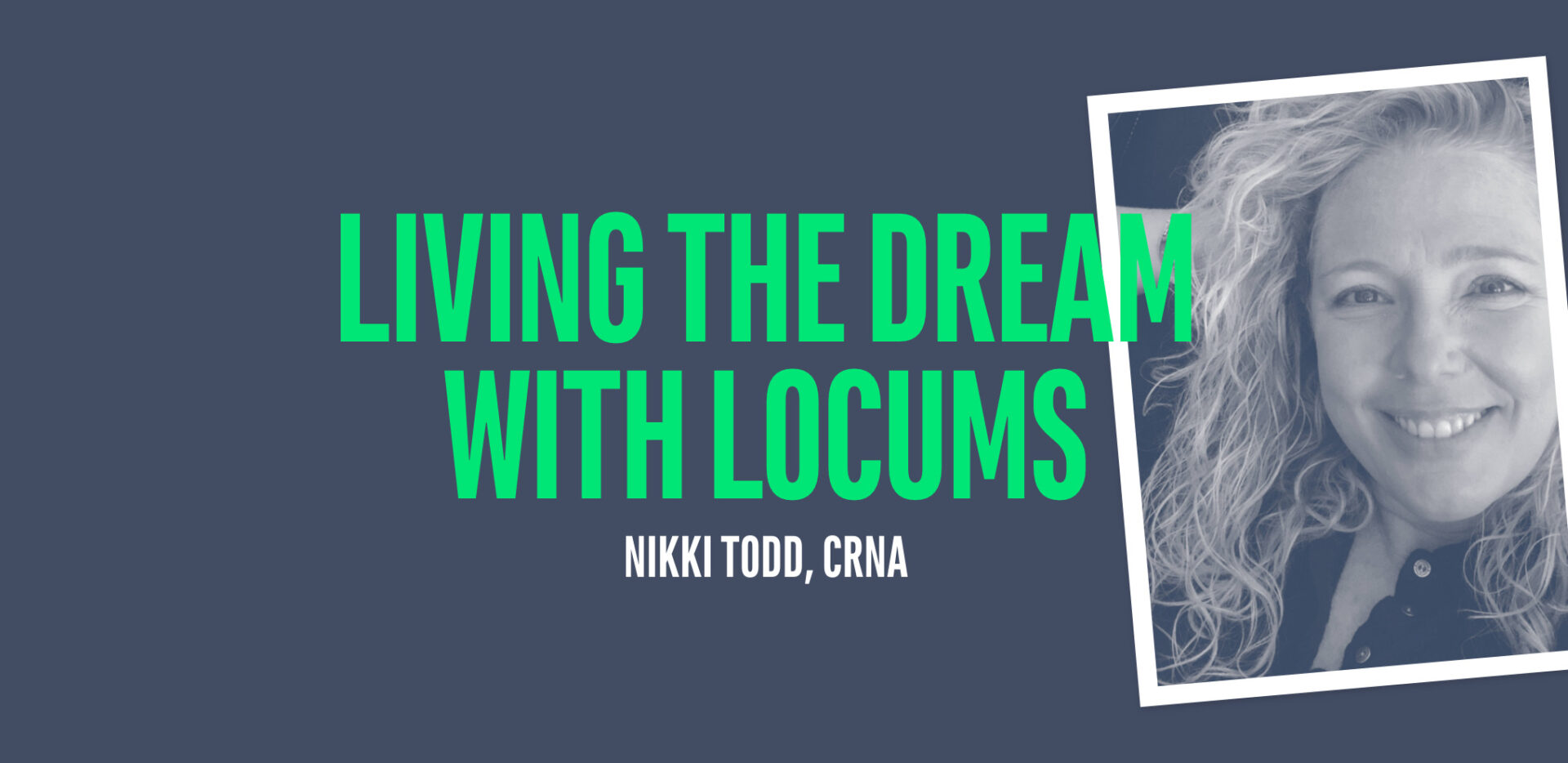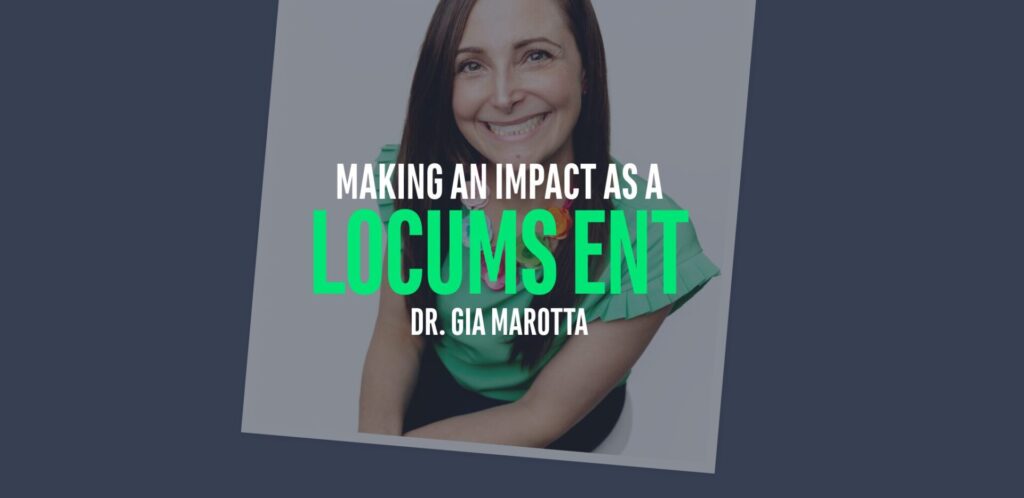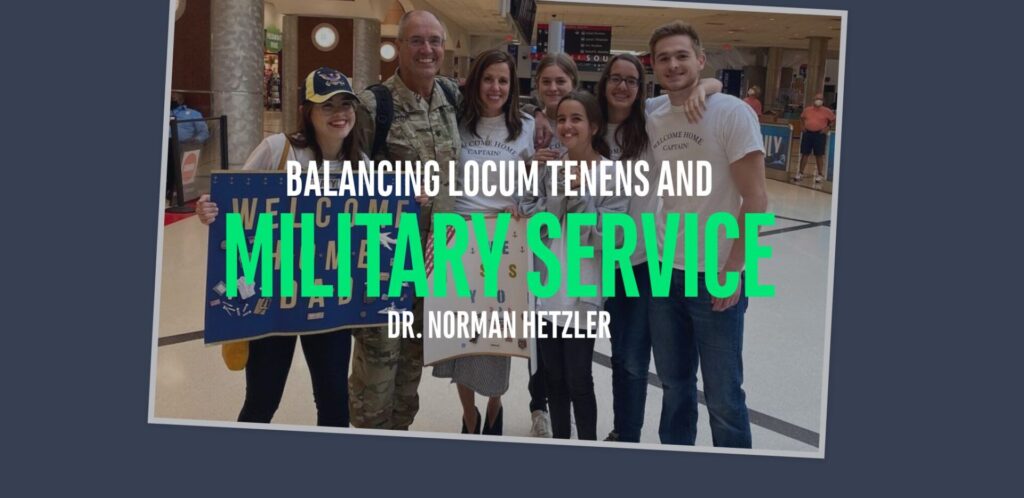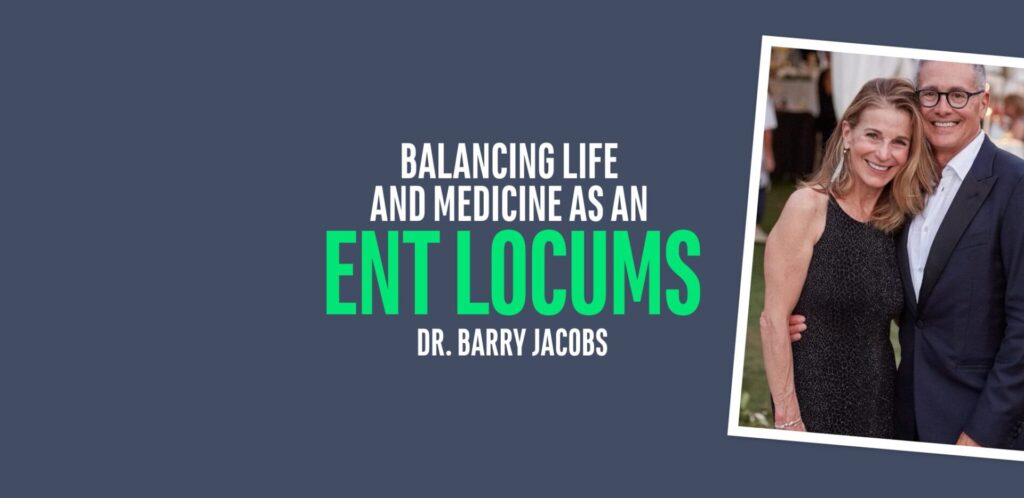This CRNA Week, we’re celebrating the original anesthesia experts: nurse anesthetists. From the Civil War, when they eased soldiers’ suffering on the battlefield, to today, when they account for 80% of rural anesthesia providers, their dedication to providing safe anesthetic care improves countless patients’ lives.
Nikki Todd is a great example of what makes CRNAs stand out. Her expertise and personable approach to patient care has made a difference to patients, both in her native state of Alabama and throughout the US as a locum CRNA. We sat down with Nikki to talk about her work as a nurse anesthetist, and how shifting from full-time hospital work to CRNA travel jobs allowed her the flexibility to live out her dreams.
Here’s what she had to say:
Tell us how you became a CRNA. What drew you to CRNA work?
I’ve been a nurse my whole life. I never really thought about being anything else. I wanted to be a nurse ever since I was six, and I’ve done every sort of nursing you can possibly imagine [laughs]. I started as an LPN, but I wanted to get to the top of the career field: to be a CRNA. So that’s where I ended up.
What made you decide to become a travel CRNA?
I had thought about locums for years, but I was a single mom and I didn’t have the flexibility. I have a set of triplets, and when they went off to college, I thought: I can either sit in their room and cry all day, or I can go and create a life of my own.
So my fiance and I decided to travel. We both love to travel, and locums gives us a lot of flexibility to do that, in between assignments. We’ve gone to Ecuador, Portugal, Spain, Canada. And right now, after all the international travel, we’re looking forward to traveling more in the US.
Basically, we just work to fund our travel [laughs]. We are literally living the dream.
What is it like practicing locums CRNA jobs vs. as a hospital employee?
I will never, ever work in a hospital ever again [laughs].
I think it’s hard to get over the fear of doing locums, because you’re so accustomed to going to the same place every day and working with the same people. It’s really easy to talk yourself out of it. I was in cardiothoracic surgery for my entire career. I did clinicals at the same hospital where I later worked. I had really never done anything else. So that was a huge fear: will I be able to do this, in a totally different place?
But if I had known then what I know now I would have done locums straight out of school, and I would never have done anything else.
Anesthesia is a stressful job. But I found that I was much more stressed by the administrative things and the hospital politics that came with full-time hospital work. Now, everything that is stressful about my job are the things that are supposed to be stressful.
What are some of the advantages of locums that you particularly appreciate?
You learn to be a lot more flexible. And you also learn that there’s more than one way to do things. Certain hospitals will use certain drugs more often or rely more heavily on certain techniques than others. So I’ve learned how to use drugs that I wasn’t very familiar with at my last hospital.
It’s not for everybody––you have to have a certain type of personality to enjoy it, but I absolutely love it.
In light of it being CRNA Week: what do you wish more people understood about CRNA work?
I wish more people understood that we exist, and what our scope of practice is. By and large, when you go to have surgery, a CRNA is doing your anesthesia.
I once saw a nurse tell a patient that was scared: well you know what? I’m not scared. So just look at me. I tried to remember that, and put it into practice. I’ll say to my patients, I know you’re scared, because this is a life altering event for you. But for me, it’s a Tuesday. So you can be scared, but I’m not scared. That really seems to help them.
What advice would you give to other CRNAS considering locums jobs?
Get a recruiter that you trust. That’s my number one piece of advice: get with an agency and a recruiter that you trust and can depend on, who will answer your questions, and help you through any problems you have.
I heard from people before I did locums that you have to be careful, because locums recruiters won’t always deliver on their promises. But my recruiter [Lucas Irons, Hayes Locums consultant] has been amazing. I call him and he picks up the phone every single time. And he not only picks up the phone, but asks me how I’m doing. He’s never told me a single thing that he didn’t deliver on. If there are areas of concern, he is honest about it. If I have a problem, he figures out how to fix it quickly.
It’s far more important for me to know that I’m going to be in an environment where I can practice safely, than how much I’m earning per hour. And I know that Lucas would never put me in a situation where I feel unsafe, clinically. And if I did get into a situation where I didn’t feel comfortable, I feel confident that he would help me fix it.
I would never do locums with another company. Because I know Lucas would never put me in a bad situation. He’s my man! [laughs]. He’s just always there. He always answers.
*This interview has been edited for clarity and length.



